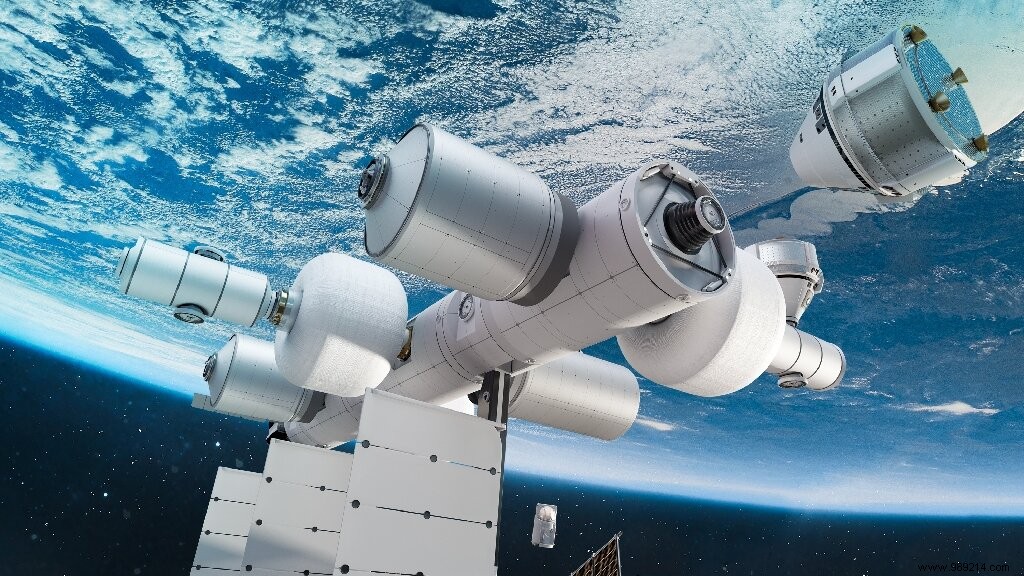Blue Origin and Sierra Space have announced ambitious plans for Orbital Reef, a private orbital space station operating at 500 km altitude and accommodating up to 10 people. The companies aim to have it operational in the second half of the decade.
With NASA's International Space Station (ISS) slated for retirement by decade's end, private companies are stepping up to maintain a U.S. presence in low-Earth orbit. Projects like Starlab from Lockheed Martin, Nanoracks, and Voyager Space (targeting 2027) and Axiom Space's ISS-attached modules transitioning to independence highlight this shift. Blue Origin and Colorado-based Sierra Space are adding their expertise to the mix.
The duo revealed on Monday their vision for a station at over 500 km—slightly above the ISS—that supports up to 10 occupants.
'For more than 60 years, NASA and other space agencies have pioneered orbital flight and habitation, setting the stage for commercial expansion this decade,' said Brent Sherwood, Blue Origin's director. 'We will broaden access, cut costs, and deliver the services and infrastructure to make spaceflight routine.'

Spanning 830 cubic meters—comparable to the ISS—Orbital Reef is envisioned as a 'business park' for diverse users, operational by mid-decade.
'Space agencies, tech consortia, emerging space nations, media outlets, tourism firms, entrepreneurs, inventors, and investors all have a place aboard,' the companies stated.
Blue Origin will handle core modules, utilities, and launches via its New Glenn rocket (under development). Sierra Space, as lead partner, contributes the inflatable LIFE module and its Dream Chaser spaceplane, with a crewed variant planned.
Partners include Arizona State University and Boeing, which will supply the scientific module and Starliner capsule for crew transport. Note that Starliner, competing with SpaceX's Crew Dragon for ISS missions, has faced delays; its first operational flight is now set for next year.